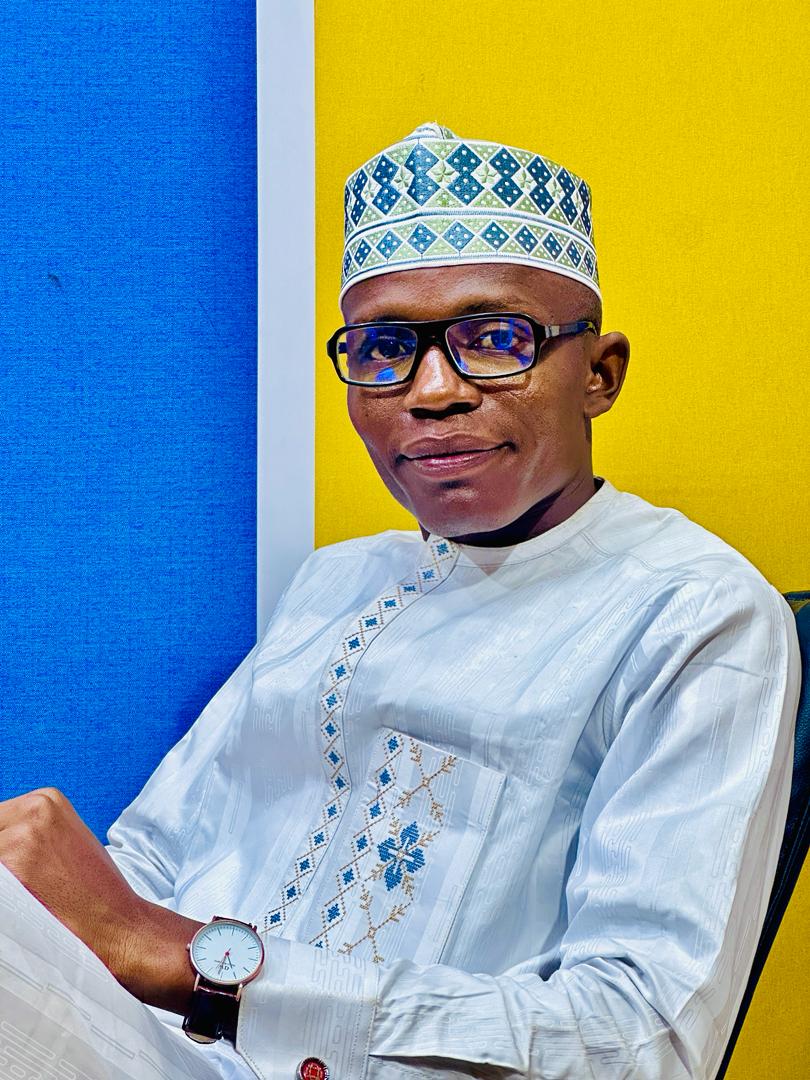By Ammar Wakili Shanono
Our society is shackled by desperate leaders who have plunged us into the depths of hardship across every aspect of life, despite being elected by our own hands. The road ahead may seem daunting, but it’s essential to recognize that the root of Nigeria’s economic woes lies in its political system.
Once touted as Africa’s wealthiest nation, Nigeria now struggles to keep pace with its counterparts in economic development.
The question of whether we can compete with them is met with a resounding “NO.”
To break free from this cycle, we must acknowledge that corruption pervades every level of government. Transparency International consistently ranks Nigeria among the most corrupt countries globally, highlighting its detrimental impact on development and public trust.
I remembered a book written by former Minister of Finance, Madam Ngozi Okonjo-Iweala, titled “Fighting Corruption is Dangerous.”
In the book, the author describes the challenges one faces when intending to combat corruption, especially in societies with diverse political, social, and economic backgrounds.
Addressing corruption demands a multifaceted approach. Strengthening institutions, bolstering transparency and accountability measures, enacting robust anti-corruption laws, and fostering a culture of integrity are crucial steps. Empowering civil society and the media, fostering international cooperation, and driving economic development to reduce corruption incentives are also imperative.
It’s a complex journey that necessitates sustained efforts from both the government and society. By confronting corruption head-on, Nigeria can pave the way for genuine progress and prosperity.


